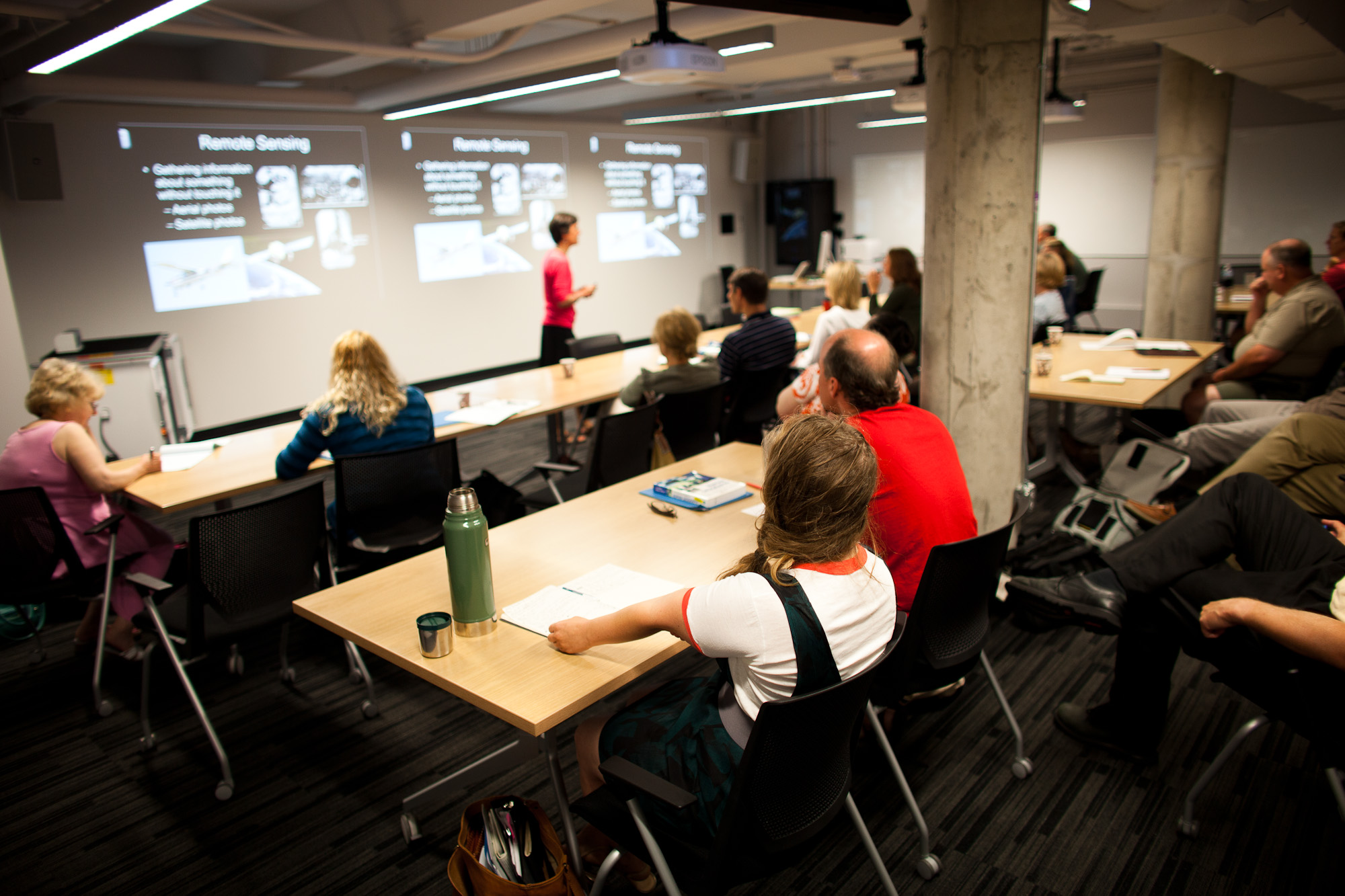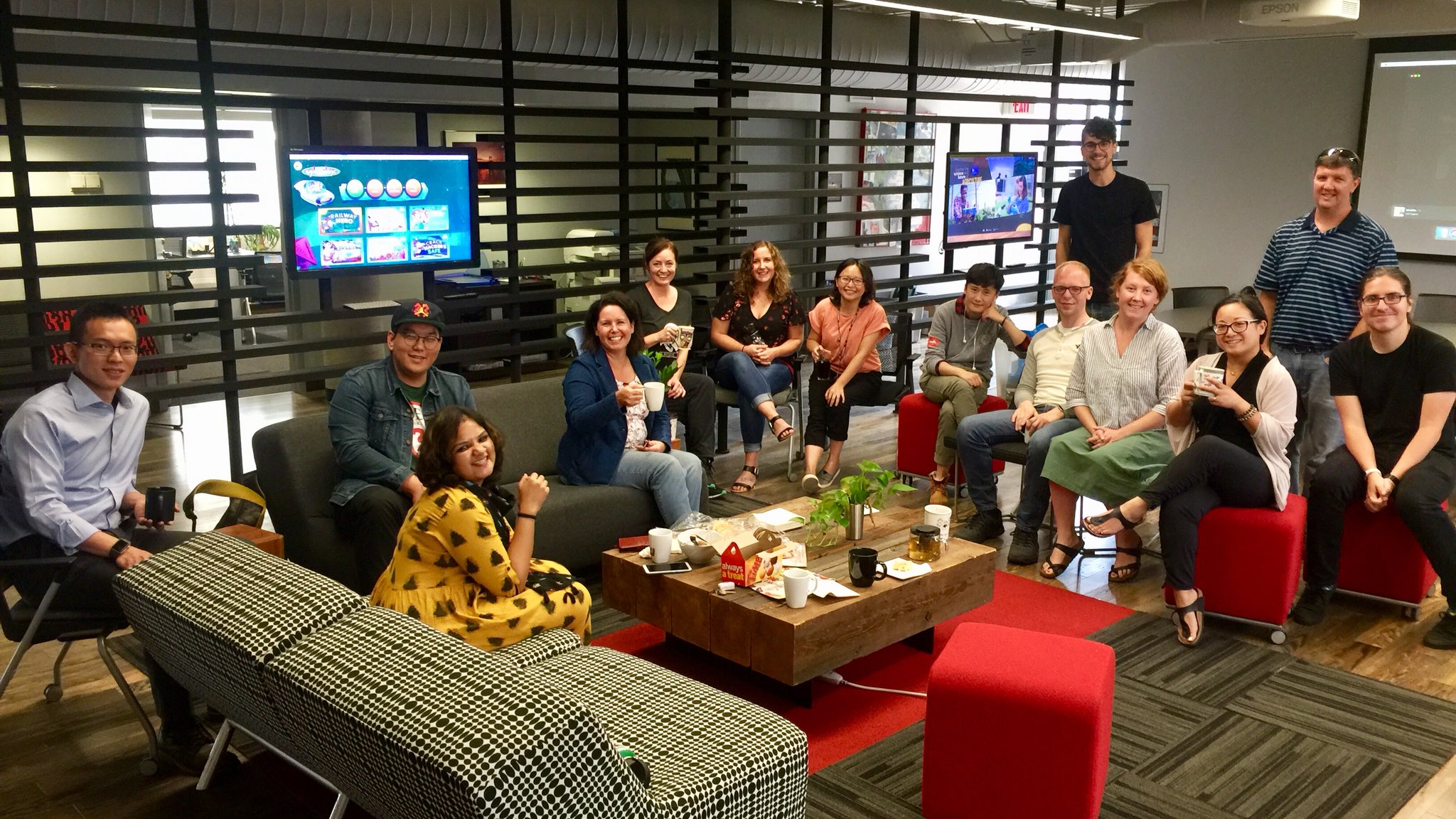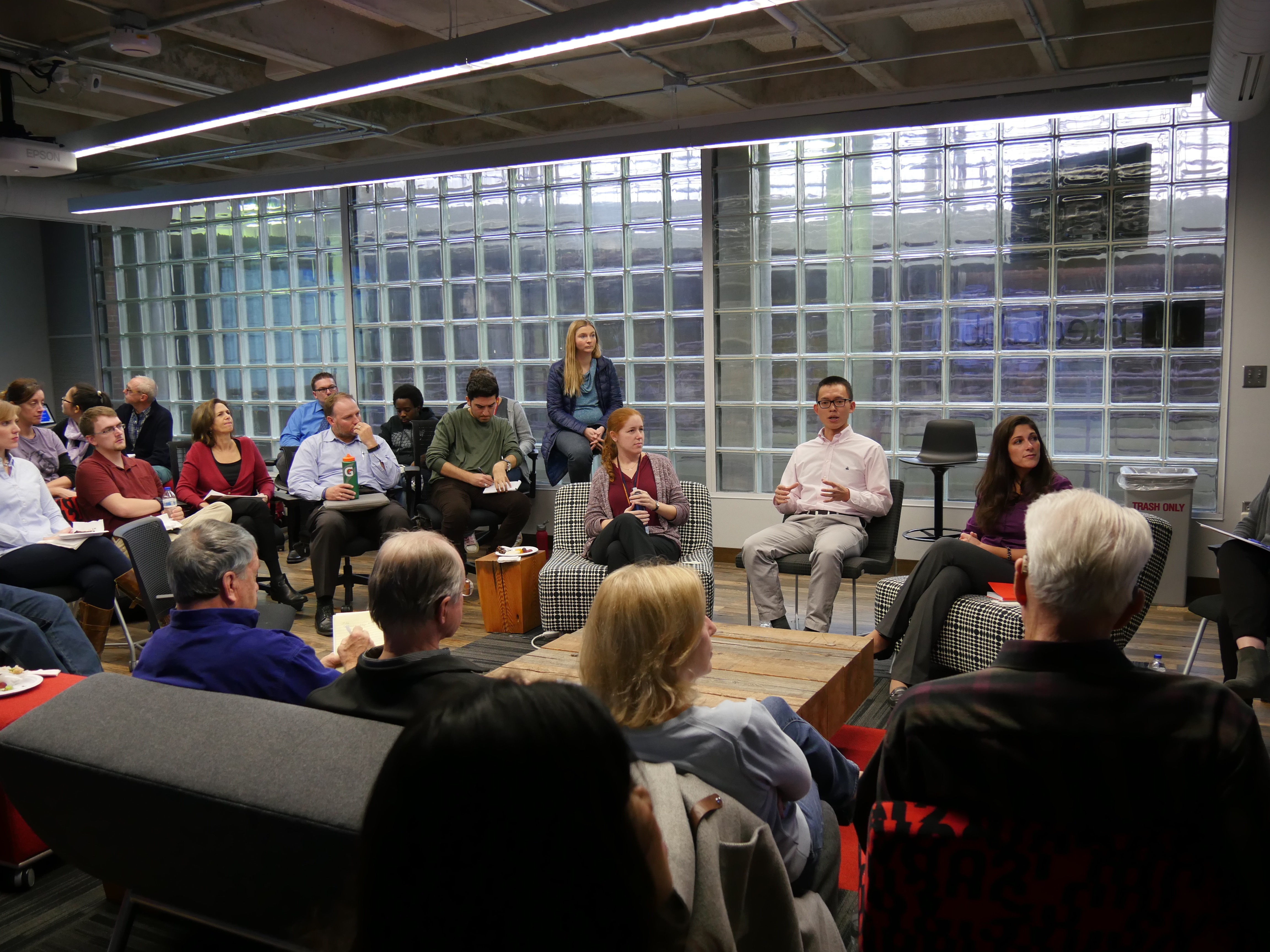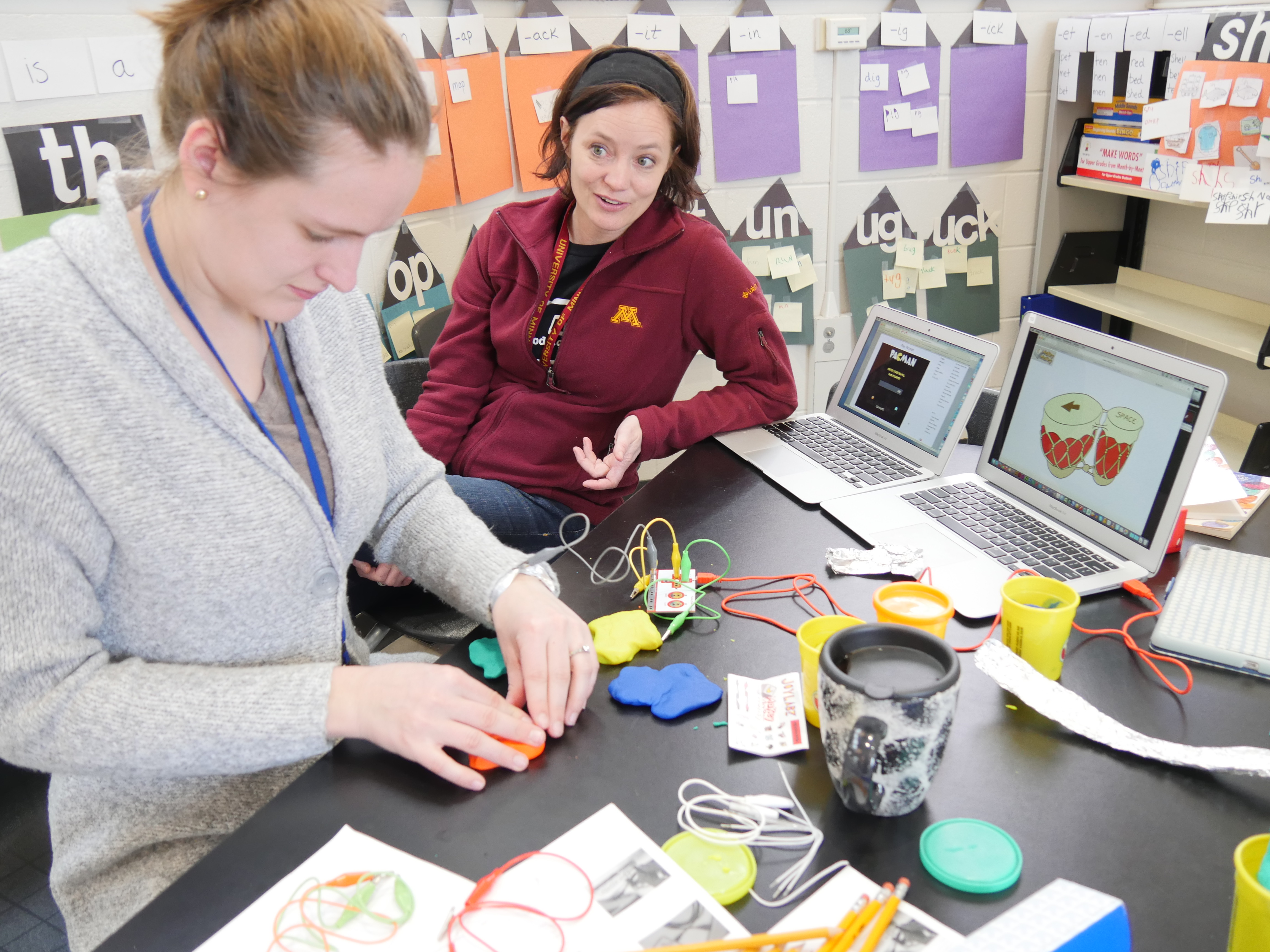October 30, 2017
Angel Pazurek recently presented a workshop on Global Perspectives on Design Thinking for Technology Supported Learning at the annual eLearning Africa conference in Mauritius, Africa. The eLearning Africa conference is the largest gathering of eLearning and ICT supported education and training professionals in Africa. It provides a platform for participants to enhance their knowledge and expertise about technology supported learning while also developing multinational and cross-industry contacts and partnerships with professionals throughout Africa and abroad.

Photographs: John Patrick Lisley Dany © ICWE GmbH
Design thinking as an emergent pedagogical approach has gained increased attention in contemporary education literature and research as an authentic way to help prepare learners to identify and address real-world challenges. Research on the impacts of design thinking in education and training suggests it has the potential to make learning more active, collaborative, meaningful, and immediately applicable. In addition to these benefits, there are also challenges associated with this approach. The integration of design thinking for technology supported learning requires a democratic and dialogic approach to teaching and learning, a shift in the roles of teachers and learners to position both as collaborators in the learning process, and the effective integration of technology to support connections, networked learning, and creative expression. Global perspectives and case examples from Kenya, South Africa, Germany, and the U.S. (including projects from LT and LTML) were shared to provide a situated context for exploring the possibilities of design thinking for teaching and learning. Participants gained practical strategies that they can use to implement and enact design thinking in their classrooms, curricula, courses, and training programs. The workshop also sought to foster a heightened sensitivity to the importance of context and cultural considerations when applying design thinking in education and training by providing the opportunity to discuss these issues in collaboration with diverse participants from other countries, institutions, and organizations.
While participating in the eLearning Africa conference, Pazurek also led a panel discussion on effective practices and the importance of context and cultural responsiveness in online teaching and learning. Specific panel topics included MOOCs, backchanneling in synchronous online learning, social engagement in online courses, and technology to support language learning as a means to preserve indigenous languages.

Photographs: John Patrick Lisley Dany © ICWE GmbH



